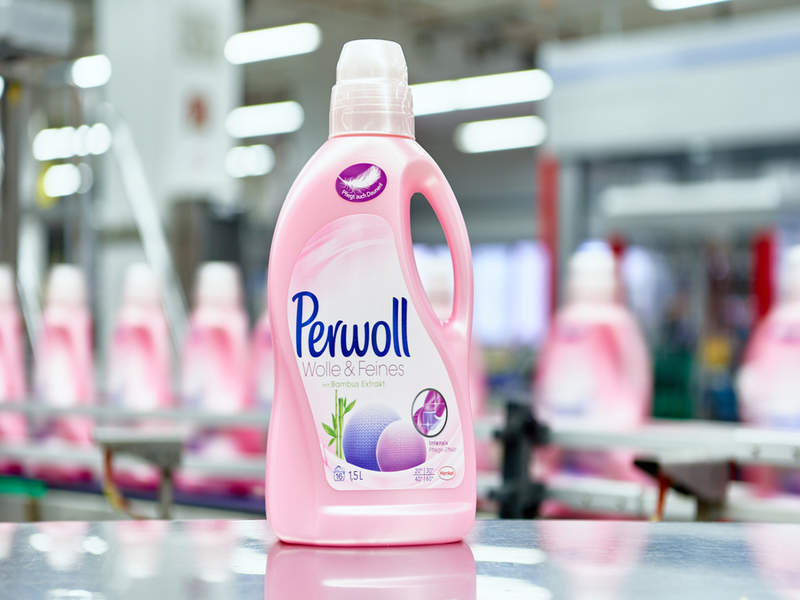

Henkel has joined the New Plastics Economy (NPEC) to partner with various entities across industries to encourage innovation in design, production and recycling of packaging materials.
Led by the Ellen MacArthur Foundation, NPEC is a three-year initiative that intends to develop momentum towards a plastics system based on the ‘circular economy’ principle.
Under the circular economy principle, all materials that have been used will be procured and processed so that they can be reintegrated into another production process repetitively.
It aims to help key stakeholders to save resources and reduce damage to the environment.
As a participant in the NPEC, the company will share its expertise to advance the development of effective and environmentally sustainable packaging.
Henkel international packaging development for Home Care products head Dr Thorsten Leopold said: “Our company is in a strong position to make a valuable contribution to the NPEC because of its unique business model. On the one hand, Henkel can contribute as a manufacturer of fast-moving consumer goods (FMCG), like laundry detergent, shampoo or glue sticks.

US Tariffs are shifting - will you react or anticipate?
Don’t let policy changes catch you off guard. Stay proactive with real-time data and expert analysis.
By GlobalData“However, the company is also a global leader in adhesives and other advanced technologies that are used for packaging applications. These range from glues that seal boxes or secure product labels, through to functional and protective coatings for plastic packaging, and adhesives that hold the different layers of flexible packaging together.”
Under sustainable packaging initiative, Henkel has designed the bottles for its premium brand Perwoll Wolle & Feines in Germany.
It was prepared from 15% recycled high-density polyethylene (HDPE) from post-consumer sources.
The company claims that its packaging experts retained the pink colour of the Perwoll bottle and maintained the fragrance of the product under the new initiative.
Henkel has also partnered with metal packaging manufacturer Ball to develop technology enabling up to 25% recycled aluminium to be used in deodorant cans for its Fa, Souplesse and Neutromed brands.
Image: In a pilot project, run for the first time in Germany, bottles for premium brand Perwoll Wolle & Feines were manufactured with 15% HDPE. Photo: courtesy of Henkel AG & Co. KGaA.



